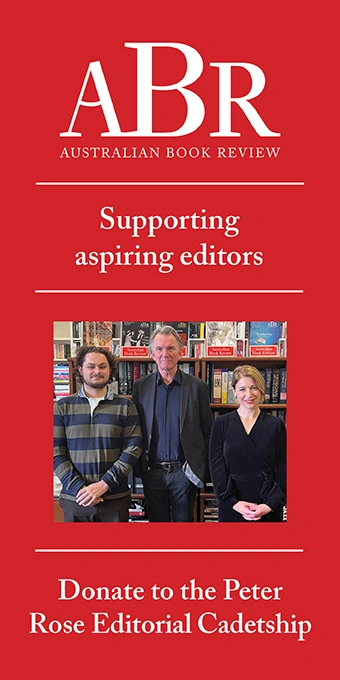Tim Byrne
In the argument over the programming of Broadway musicals by Australia’s opera companies, it is usually assumed that audiences know the difference between the two forms. But even superficial markers can be misleading. Bizet’s Carmen (1875) uses dialogue and song forms that are traditionally associated with the musical, but is classified as an
... (read more)Leading arts critics and professionals nominate some of their favourite performances for 2014.
... (read more)Stephen Sondheim may be famed for his wit, but many critics over the years have lacerated him for it, finding in it proof of emotional frigidity or even callousness. Reaction to his work largely mirrors that of another revered auteur, Stanley Kubrick, who shares with Sondheim an exacting and interrogative attitude to humanity.
Intimate times
Dear Editor,
Tim Byrne, in his review of Meredith Burgmann’s Dirty Secrets: Our ASIO Files badly misread my complaints about my records. He writes that my [and Gary Foley’s] ‘movements were intimately tracked’. The whole ...






